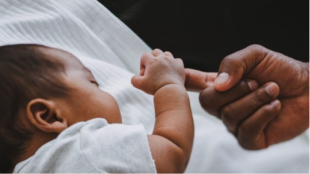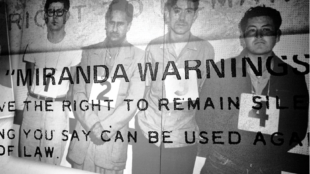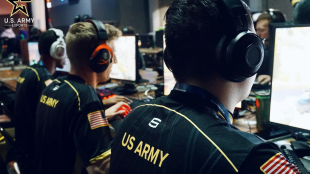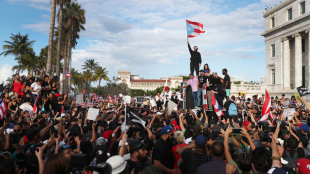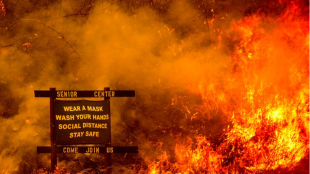Privilege, Progress, and Paid Family Leave
(Source) The United States has an embarrassing—and for many families, financially, physically, and emotionally devastating—paid family leave problem. According to the Organization for Economic Cooperation and Development, the United States ranks last in government-mandated paid leave for new parents. Among forty-one nations, the U.S. fails to mandate paid leave for new parents. Individual states have failed to pick up the slack. Currently, California, New Jersey, New York, Massachusetts, Rhode Island, Washington, and Washington, D.C. are the only states which provide paid family leave to eligible workers. Washington and Washington D.C.’s programs began just last year. Two more states—Connecticut, and Oregon—have programs slated to begin in 2022 and 2023, respectively. Colorado voted this past November on Proposition 118 to determine whether the state would implement its own paid family and medical leave program. Even though Colorado’s Proposition 118 passed, only nine states (plus the District of Columbia) have made meaningful steps toward a paid family leave mandate. The need for government-mandated leave becomes evident with a quick look at private sector leave statistics. In 2019, 18% of private sector employees had access to paid family leave through their employer and 42% of private sector employees had access to fully or partly [read more]

